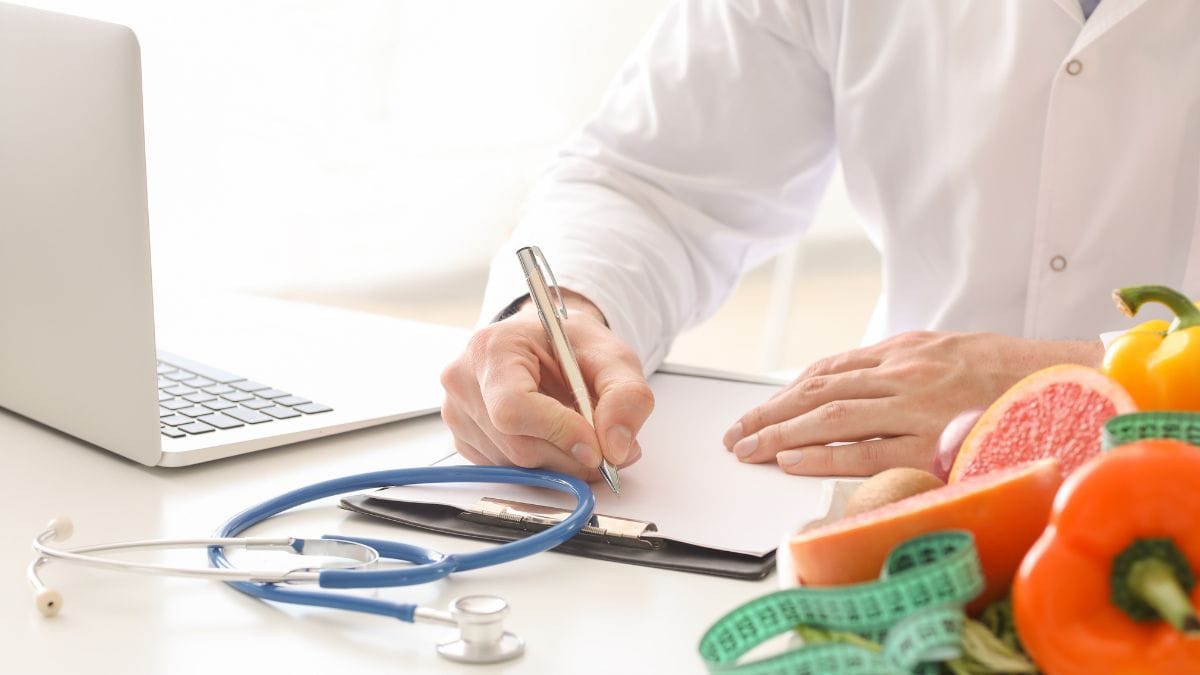Is Black Seed Oil Good for Erectile Dysfunction? (Expert Answer)
Short Answer: Black seed oil is good for ED. Because it has thymoquinone and omega-3 fatty acids, and they can increase nitric oxide, improve blood circulation, and protect the blood vessels in the penis. Erectile dysfunction (ED) is a condition that affects your ability to get or keep an erection firm enough for sexual intercourse. In ED, your body does not produce enough nitric oxide, a chemical that helps relax the muscles and blood vessels in your penis. This reduces the blood flow to your penis and prevents you from achieving or maintaining an erection. This can lead to various health problems, such as low self-esteem, stress, anxiety, depression, and relationship issues. One of the key factors in managing ED is diet. What you consume can affect your blood pressure, cholesterol, blood sugar, and hormone levels, which can impact your ED symptoms and overall health. To effectively manage ED, you should consume foods rich in antioxidants, omega-3 fatty acids, and zinc, like berries, nuts, seeds, oily fish, and oysters, and avoid foods rich in saturated fats, sodium, and added sugars, like processed meats, cheese, pastries, and soda. Now, black seed oil is a supplement extracted from the seeds of Nigella sativa, a flowering plant that grows in Asia, Pakistan, and Iran. People usually take it as a capsule, liquid, or powder. Black seed oil is good for ED because it contains thymoquinone, a compound that has antioxidant and anti-inflammatory effects. Thymoquinone can help increase the production of nitric oxide, improve
